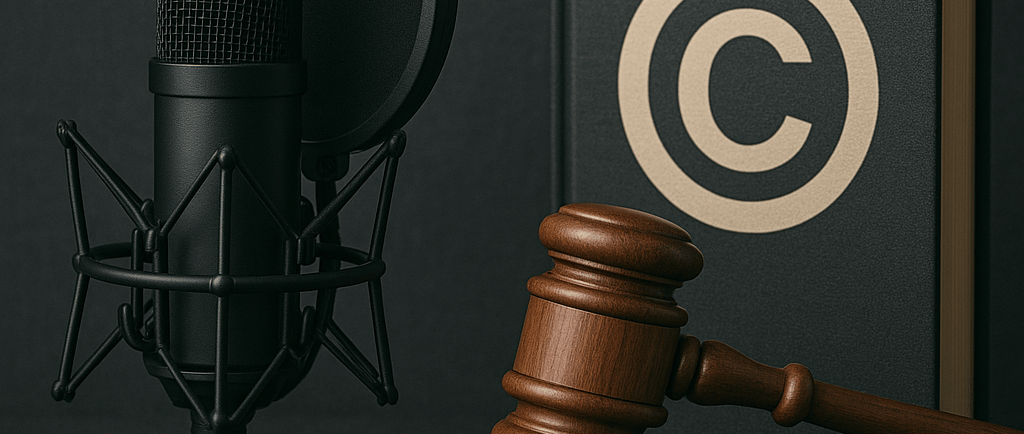Dubbing and Copyright: What Brazilian Law Says
Did you know that a voice actor’s performance is protected under Brazilian copyright law? This article explains how dubbing relates to intellectual property rights in Brazil, the legal protections for voice actors, and what producers must keep in mind to stay compliant.
Ricardo Kobarg
5/8/20251 min read


Dubbing plays a crucial role in making audiovisual content accessible to new audiences. But beyond the artistic and technical aspects, it’s essential for producers and studios to understand the legal framework that governs the use of voice performances in Brazil.
Under Brazilian Copyright Law (Law No. 9.610/1998), performers — including voice actors — are entitled to neighboring rights (also called related rights). These rights recognize the artistic interpretation of the performer, even if they are not the author of the original work. This includes protection against unauthorized use, modification, or commercial exploitation of their recorded voice.
In addition, a person's voice is considered part of their personality rights, much like their image or name. This means that any recording or reproduction of a voice — including AI-generated replicas — requires explicit consent from the voice actor. Unauthorized usage can lead to legal action based on both copyright and civil law.
In the dubbing industry, it's common for contracts to include clauses that assign usage rights of the recorded voice. These clauses usually specify the duration, territory, and types of media in which the voice can be used. However, this assignment must be clearly defined and formalized in writing. Using a dubbed voice in new contexts — such as streaming platforms or merchandise — without prior agreement may constitute a copyright violation.
For voice actors, it is critical to carefully review contracts and understand the scope of rights being assigned. Legal advice is highly recommended. For producers, respecting these rights is not only a legal obligation but also a professional standard that values the work of dubbing artists.
As voice synthesis and AI continue to develop, the boundaries between human and synthetic voices are becoming more complex. This makes it more important than ever to uphold ethical and legal standards in voice usage, ensuring that performers are properly credited, compensated, and protected.
If you are looking for a legal and reputable Brazilian voice actor, please contact me now!
